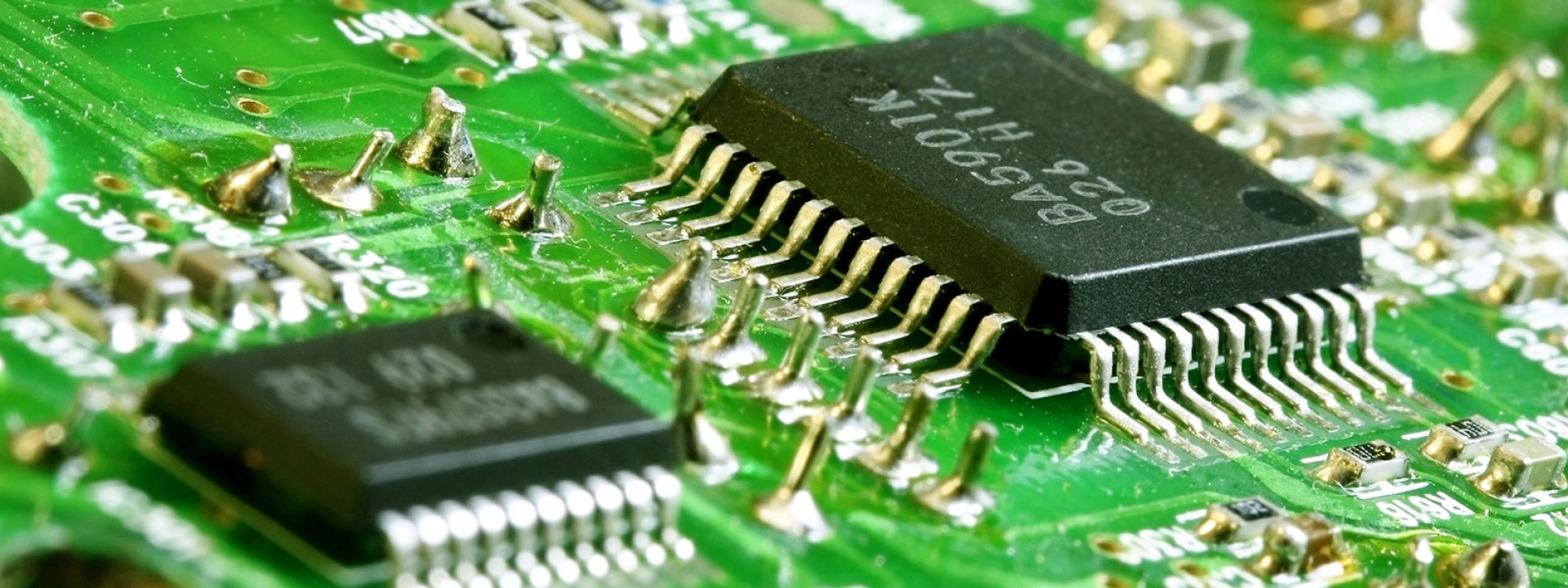News & Events
Taiwan-based IC test interface specialists, such as Chunghwa Precision Test Tech (CHPT) and Sigurd Microelectronics, have seen their diversification efforts bear fruit as their operations are poised to be less affected by weakness in consumer electronics demand in the third quarter, according to industry sources.
Recent testing demand for high-performance computing (HPC), network communications, automotive, and NAND controller ICs used in solid-state drives (SSD) has been relatively stable, which has helped professional IC testing and testing interface vendors maintain operations.
Sigurd's consolidated operating revenue for July reached NT$1.66 billion (US$55.3 million), a 5.58% decrease over the previous month and an on-year increase of 6%. Consolidated revenue for January-July amounted to NT$11.43 billion for an on-year increase of 23.27%. Sigurd noted that in July, major customer orders were affected by inflation and interest rate hikes in the US, which impacted consumer end demand and saw related supply chains begin inventory corrections.
Sigurd said demand for consumer chips and PC chips has decreased slightly, while demand for network communications, HPC, and automotive chips continues to increase. Demand for mobile phones and memory chips has remained flat.
Sigurd mainly handles testing orders from MediaTek through its subsidiary Winstek Semiconductor. Sigurd Group also handles packaging and testing orders from US-based HPC chip customers.
CHPT's July revenue reached NT$336 million for a sequential decline of 18.9% and on-year increase of 3.2%. Accumulated revenue for January-July amounted to NT$2.35 billion for an on-year increase of 7.6%. CHPT expects third-quarter performance to improve compared to the second.
CHPT explained that July revenue was impacted by production capacity adjustments and customer verification delays. The easing of the pandemic and new customers are expected to drive IC testing demand for HPC and SSD. The company expects monthly revenue to fluctuate but for overall growth to remain steady. CHPT expects third-quarter revenue to be better than the second.
CHPT emphasized that the pandemic and inflation have weakened global demand for consumer electronics. However, demand for chips related to data centers, automotive electronics, and edge computing remains steady, which helps reduce the negative impact of weak demand in the consumer market.
CHPT has been diversifying its product structure to meet testing demand for HPC-related processors, SSD controller chips, and radio frequency (RF) chips.
CHPT is expected to exhibit new MEMS probe cards at the 2022 SEMICON Taiwan. On September 15, CHPT is scheduled to release its newest semiconductor testing interface technology.
By DIGITIMES






